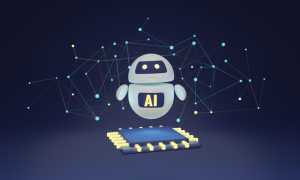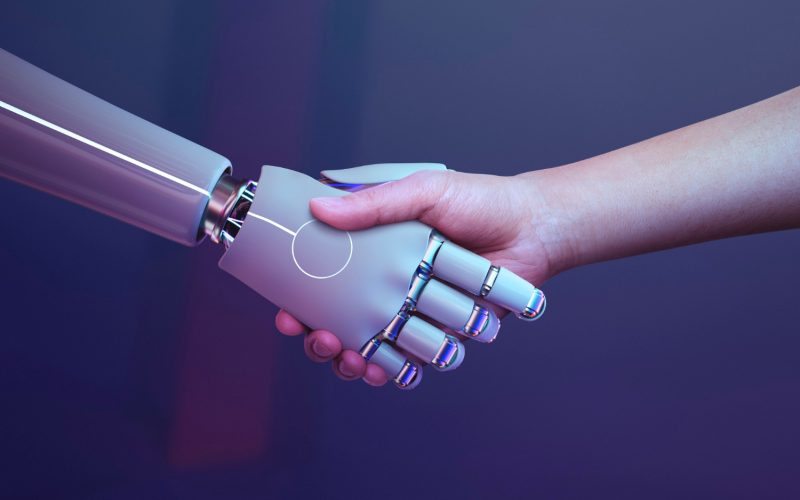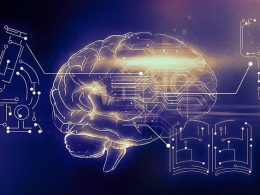Inequality in the Digital Age: Cyber Experts’ AI Concerns Unveiled
Introduction
Hello, I’m Fred, a cyber security analyst and a social justice advocate. I have been working in the field of cyber security for over a decade, and I have witnessed the rapid development and adoption of artificial intelligence (AI) in various domains. AI has the potential to bring many benefits to society, such as improving health care, education, and productivity. However, AI also poses significant challenges and risks, especially for marginalized and vulnerable groups. In this article, I will share some of the concerns that cyber experts have about AI and its impact on social justice. I will also offer some suggestions on how we can use AI responsibly and ethically to promote a more equitable and inclusive society.
What is AI and why does it matter?
AI is a broad term that refers to the ability of machines or systems to perform tasks that normally require human intelligence, such as reasoning, learning, decision making, and perception. AI can be classified into two types: narrow AI and general AI. Narrow AI is the type of AI that we encounter most often in our daily lives, such as voice assistants, facial recognition, and self-driving cars. Narrow AI is designed to perform specific tasks within a limited domain. General AI, on the other hand, is the type of AI that can perform any intellectual task that a human can do, such as understanding natural language, solving complex problems, and creating original works of art. General AI is still a hypothetical concept that has not been achieved yet.
AI matters because it is transforming every aspect of our society, from economy and politics to culture and education. AI can help us solve some of the most pressing problems that we face, such as climate change, poverty, and disease. AI can also enhance our creativity, productivity, and well-being. However, AI can also create new problems or exacerbate existing ones, such as unemployment, inequality, discrimination, and cybercrime. AI can also affect our values, norms, and rights, such as privacy, autonomy, and dignity. Therefore, it is important to understand the opportunities and challenges that AI brings, and to ensure that AI is used in a way that respects human dignity and promotes social justice.
What are the main concerns of cyber experts about AI and social justice?
Cyber experts are professionals who specialize in the protection of information systems and networks from cyber threats, such as hackers, malware, and espionage. Cyber experts are also aware of the ethical and social implications of AI, and they have raised several concerns about AI and social justice. Some of the main concerns are:
- Privacy and surveillance: AI can enable unprecedented levels of data collection, analysis, and sharing, which can pose serious threats to our privacy and security. AI can also enable mass surveillance, which can infringe on our civil liberties and human rights. For example, AI can be used to track our movements, monitor our communications, and profile our behaviors and preferences. AI can also be used to manipulate our opinions, emotions, and actions, such as through fake news, deepfakes, and social bots. These practices can undermine our trust, autonomy, and democracy.
- Bias and discrimination: AI can inherit, amplify, or create biases and discrimination, which can harm marginalized and vulnerable groups. AI can be biased or discriminatory because of the data, algorithms, or humans involved in its development and deployment. For example, AI can be biased or discriminatory because of the lack of diversity, representation, or fairness in the data, algorithms, or humans. AI can also be biased or discriminatory because of the lack of transparency, accountability, or oversight in its development and deployment. These issues can result in unfair or inaccurate outcomes, such as denial of services, opportunities, or rights.
- Human judgment and agency: AI can challenge or replace human judgment and agency, which can affect our moral, social, and political values. AI can challenge or replace human judgment and agency because of its superior performance, efficiency, or reliability. For example, AI can challenge or replace human judgment and agency in domains such as health care, education, and justice. AI can also challenge or replace human judgment and agency because of its autonomy, intelligence, or influence. For example, AI can challenge or replace human judgment and agency in domains such as warfare, art, and religion. These scenarios can raise questions about our responsibility, authority, and identity.
How can we use AI responsibly and ethically to promote social justice?
Cyber experts are not only concerned about AI and social justice, but they are also actively involved in finding solutions and best practices to use AI responsibly and ethically. Some of the possible solutions and best practices are:
- Data protection and governance: Data protection and governance are essential to ensure the privacy and security of our data and to prevent unauthorized or harmful use of our data. Data protection and governance involve the implementation of legal, technical, and organizational measures to protect our data from cyber threats, such as encryption, authentication, and backup. Data protection and governance also involve the establishment of ethical principles and standards to guide the collection, analysis, and sharing of our data, such as consent, purpose, and minimization.
- AI fairness and accountability: AI fairness and accountability are crucial to ensure the fairness and accuracy of AI outcomes and to prevent or remedy biases and discrimination. AI fairness and accountability involve the application of mathematical, statistical, and computational methods to measure, monitor, and mitigate biases and discrimination in AI systems, such as fairness metrics, bias audits, and debiasing techniques. AI fairness and accountability also involve the creation of legal, institutional, and social mechanisms to ensure the transparency, explainability, and oversight of AI systems, such as regulations, audits, and redress.
- Human-centered and value-based design: Human-centered and value-based design are important to ensure the alignment and integration of human and AI values and goals. Human-centered and value-based design involve the involvement of diverse and representative stakeholders in the co-creation and co-evaluation of AI systems, such as participatory design, user testing, and feedback. Human-centered and value-based design also involve the incorporation of ethical and social values and norms into the design and development of AI systems, such as privacy by design, value-sensitive design, and responsible innovation.

Conclusion
AI is a powerful and pervasive technology that can bring many benefits to society, but it can also pose significant challenges and risks, especially for social justice. Cyber experts are aware of these challenges and risks, and they have expressed their concerns and proposed their solutions. As citizens, consumers, and users of AI, we should also be aware of these issues and participate in the dialogue and decision making about AI and its impact on our society. We should also demand and support the responsible and ethical use of AI that respects our dignity and promotes our equality. Together, we can ensure that AI is not a source of inequality, but a source of empowerment and inclusion.












